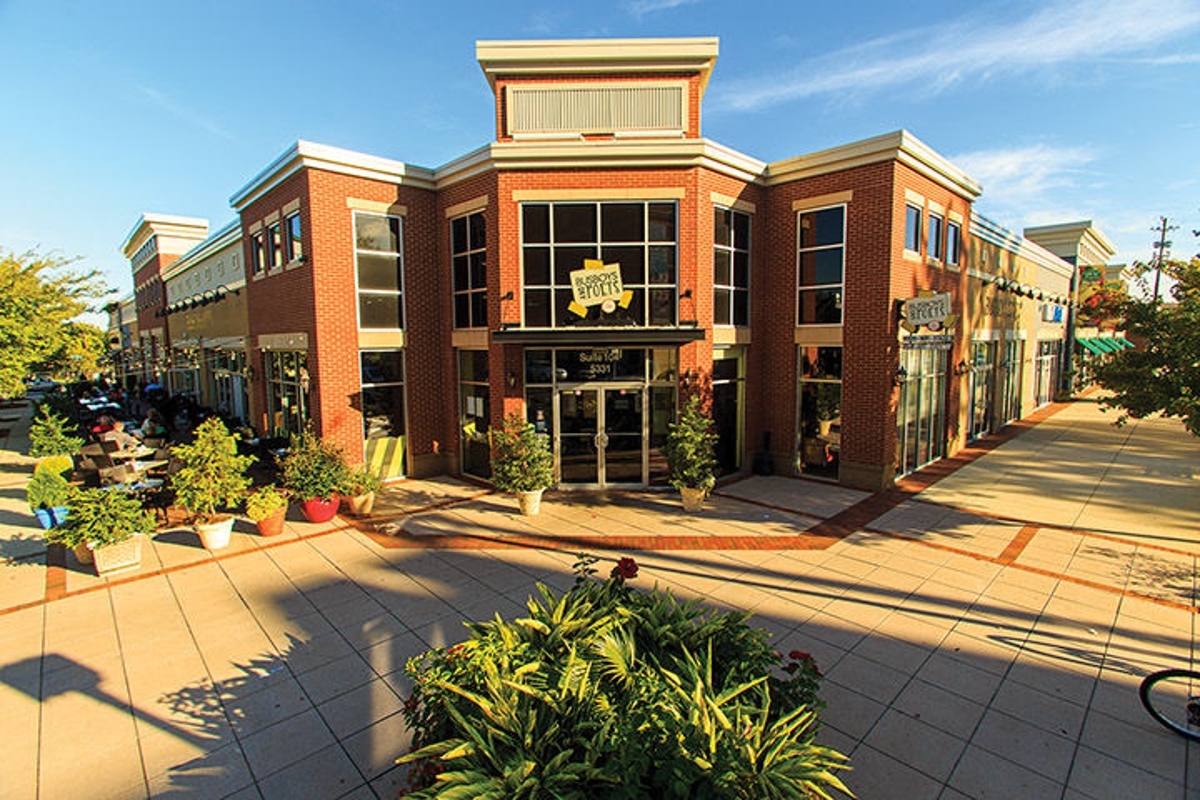Views expressed in opinion columns are the author’s own.
Last week, the D.C.-area restaurant Busboys and Poets made it into the news. It has never shied away from having tough conversations about oppression and privilege, but its latest tactic, known as “Race Cards,” is quite tasteless and poorly executed.
A “Race Card” is a small card handed to patrons by employees in the restaurant. They are meant to spark conversations about race with questions like, “What is white privilege?” or, “Have you ever been in a place where you were the racial minority?”
While these questions sound OK, a recent Facebook post showed a white bartender handed a customer a “Race Card” reading, “Did you perceive me as racist because I’m a white male?” This particular card makes me uncomfortable because it places blame on people of color and seems to imply a stance of reverse-racism. Besides, whether or not a white person is openly racist is irrelevant; they still embody privilege because of their whiteness. To hand a person of color such a card is in itself insulting, but to do so at a restaurant where they have come to enjoy a meal or a drink is unacceptable.
A restaurant is not the best place to engage in these often controversial conversations about race, especially when people of color are forced to discuss oppressive experiences when they’ve come only for a meal. While, in theory, the “Race Cards” program isn’t a bad idea and was created with good intentions, it was still poorly executed.
Employees were evidently not adequately trained to engage and moderate such conversations about race, and without such training, these cards cannot be productive. Employees also should not be forced into moderating such conversations – they were hired to staff a restaurant, not hold roundtables about oppression. Additionally, the cards need to be created carefully and with consideration of nuance and implication. Without this, there will be more situations where people of color are unfairly blamed and the point of the cards will be lost entirely.
Andy Shallal, CEO of Busboys and Poets, indicated the program was meant to make customers aware of their biases and encourage them to keep those biases in check. Only with significant changes will the “Race Cards” program be able to achieve this. Consenting employees need to be trained about participating in such conversations, and the cards themselves need to carry nuanced messages with more careful implications. Only then will Busboys and Poets be able to foster productive discussions about oppression and privilege.
Liyanga de Silva is a rising junior English major. She can be reached at liyanga.a.ds@gmail.com.



